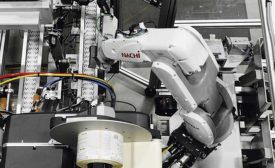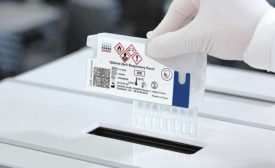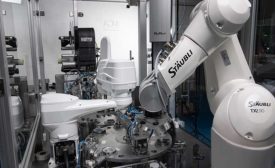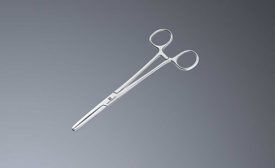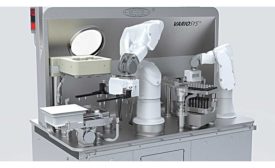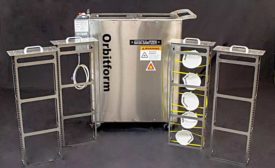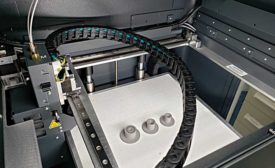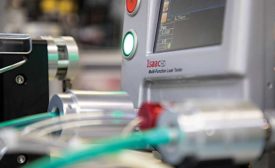Medical Device Assembly
Cavity Pressure Is the Key to Molding Consistent, Quality Parts
Pressure conditions in certain phases of the molding process correlate to specific attributes of the part.
June 9, 2021
Never miss the latest news and trends driving the manufacturing industry
Stay in the know on the latest assembly trends.
JOIN TODAY!Copyright ©2024. All Rights Reserved BNP Media.
Design, CMS, Hosting & Web Development :: ePublishing
